How to avoid boiler failure during cold weather
As the temperature begins to drop, the reliance on central heating systems becomes paramount. A boiler failure during the cold months can lead to discomfort, inconvenience, and potentially costly repairs. Ensuring your boiler is in top condition before the chill sets in is crucial to maintaining a warm and comfortable home. Understanding the common causes of boiler failure and implementing preventative measures can save you from the stress of unexpected breakdowns.
Understanding Common Causes of Boiler Failure
Frozen Condensate Pipes
One of the most frequent issues during cold weather is the freezing of condensate pipes. These pipes are responsible for transporting acidic water produced by the boiler to an external drain. When temperatures plummet, the water can freeze, causing a blockage. This blockage can lead to a shutdown of the boiler, leaving your home without heat.
To prevent this, ensure that the condensate pipe is adequately insulated. Using foam pipe insulation or lagging can help maintain the temperature of the pipe, reducing the risk of freezing. In particularly cold areas, it may be worth considering rerouting the pipe to an internal drain, if feasible.
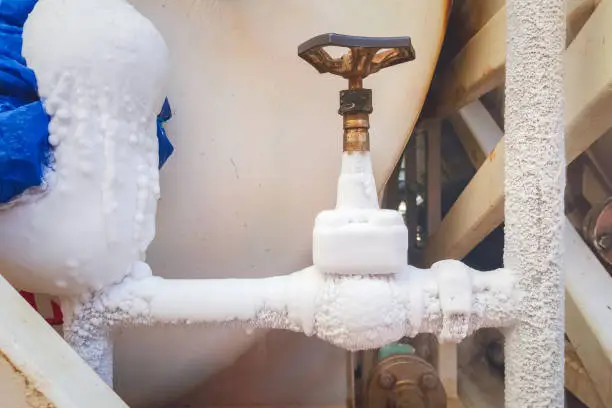
Pressure Problems
Boilers require a specific pressure level to function efficiently. Low pressure can result in the boiler failing to ignite, while high pressure can cause leaks and other mechanical issues. Pressure problems are often due to leaks in the system or the need for a system bleed.
Regularly checking the pressure gauge on your boiler is essential. Ideally, the pressure should be between 1 and 1.5 bar when the system is cold. If you notice fluctuations, it may be necessary to top up the pressure using the filling loop or to bleed the radiators to release trapped air.
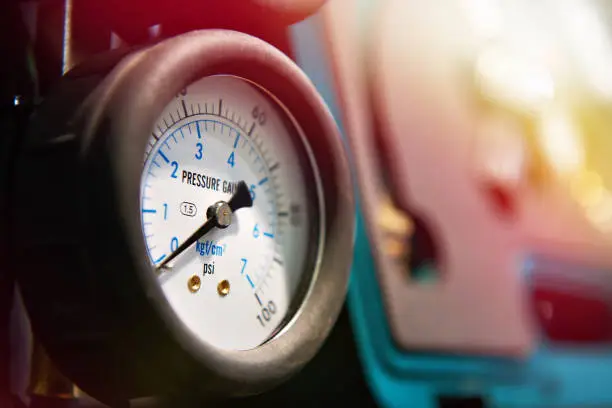
Thermostat Issues
A malfunctioning thermostat can lead to ineffective heating or a complete boiler shutdown. Thermostats can become less accurate over time, especially if they are older models. This can result in the boiler not responding correctly to temperature changes.
Consider upgrading to a programmable or smart thermostat for more precise control over your heating system. Regularly checking and recalibrating your thermostat can also ensure it functions correctly, providing consistent warmth throughout your home.
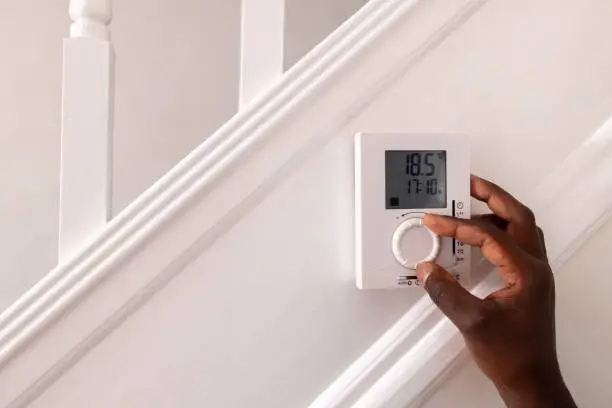
Preventative Maintenance Tips
Annual Boiler Servicing
One of the most effective ways to prevent boiler failure is through regular servicing. An annual service by a qualified engineer can identify potential issues before they become major problems. During a service, the engineer will check all components, clean the system, and ensure everything is operating efficiently.
Regular servicing not only helps prevent breakdowns but can also improve the efficiency of your boiler, potentially reducing energy bills. It is also a requirement for maintaining the warranty on many boilers, providing peace of mind should any issues arise.
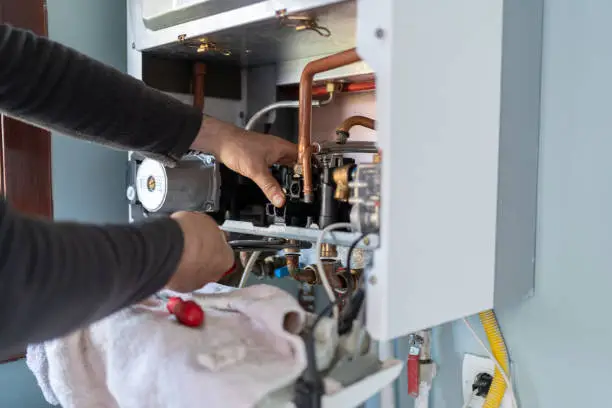
Bleeding Radiators
Trapped air in radiators can lead to uneven heating and increased pressure on the boiler. Bleeding your radiators is a simple process that can improve the efficiency of your heating system. By releasing trapped air, you ensure that hot water circulates effectively, providing consistent warmth.
To bleed a radiator, turn off the heating and use a radiator key to open the bleed valve. Allow the trapped air to escape until water begins to flow steadily, then close the valve. Regularly bleeding your radiators can help maintain an efficient heating system, reducing the risk of boiler failure.
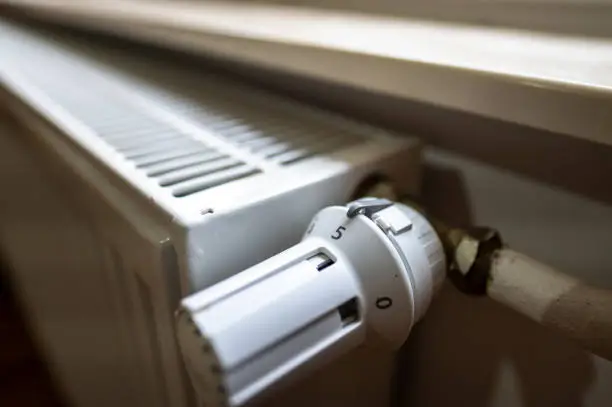
Insulating Your Home
Proper insulation can significantly reduce the strain on your boiler by retaining heat within your home. Insulating lofts, walls, and floors can prevent heat loss, allowing your boiler to operate more efficiently. Draught-proofing windows and doors can also help maintain a consistent temperature, reducing the need for constant heating.
Investing in double glazing and ensuring that your home is well-insulated can make a noticeable difference in your heating bills and the longevity of your boiler. By reducing the workload on your boiler, you minimize the risk of failure during cold weather.
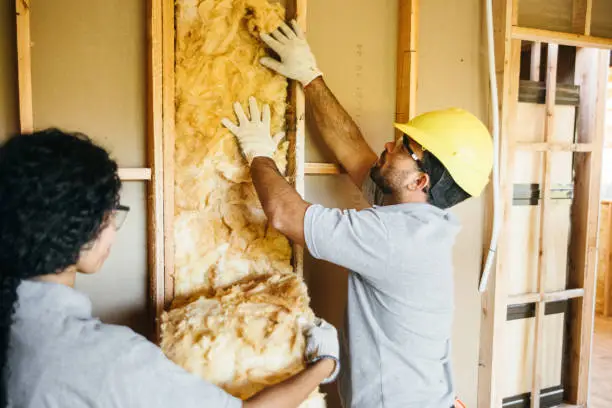
What to Do If Your Boiler Fails
Immediate Steps
If your boiler fails during cold weather, there are a few immediate steps you can take to diagnose and potentially resolve the issue. First, check the thermostat settings and ensure that the power supply to the boiler is intact. Resetting the boiler can sometimes resolve minor faults.
Inspect the pressure gauge and top up the pressure if necessary. If you suspect a frozen condensate pipe, gently thaw it using warm water or a hot water bottle. Avoid using boiling water as this can damage the pipe. If these steps do not resolve the issue, it may be time to call a professional.
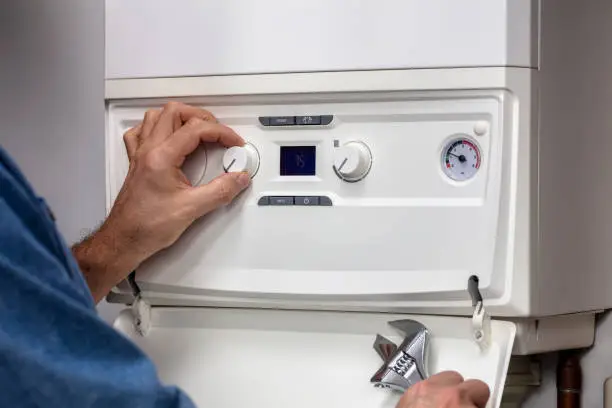
When to Call a Professional
While some boiler issues can be resolved with basic troubleshooting, others require the expertise of a qualified engineer. If you notice persistent leaks, strange noises, or a complete lack of heating, it is advisable to seek professional assistance. Attempting to repair complex issues without the necessary skills can lead to further damage and safety risks.
Professional engineers have the tools and knowledge to diagnose and repair a wide range of boiler issues. They can also provide advice on whether a repair or replacement is the most cost-effective solution, ensuring your home remains warm and safe.
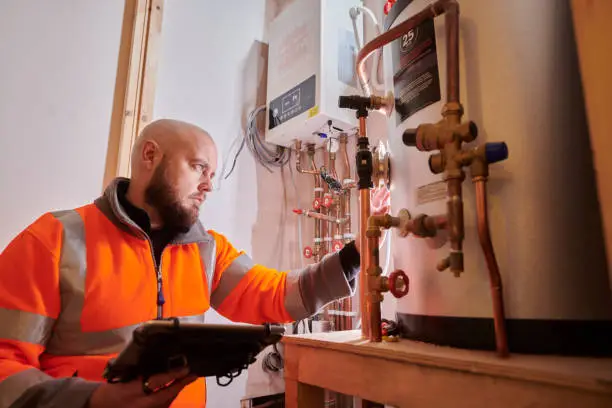
Long-Term Solutions for Boiler Efficiency
Upgrading Your Boiler
If your boiler is over 10 years old, it may be time to consider an upgrade. Modern boilers are more energy-efficient and reliable, offering improved performance and lower running costs. While the initial investment can be significant, the long-term savings on energy bills and reduced risk of breakdowns can make it a worthwhile decision.
When choosing a new boiler, consider factors such as the size of your home, your heating needs, and the available space for installation. Consulting with a professional can help you select the best option for your circumstances, ensuring optimal efficiency and reliability.
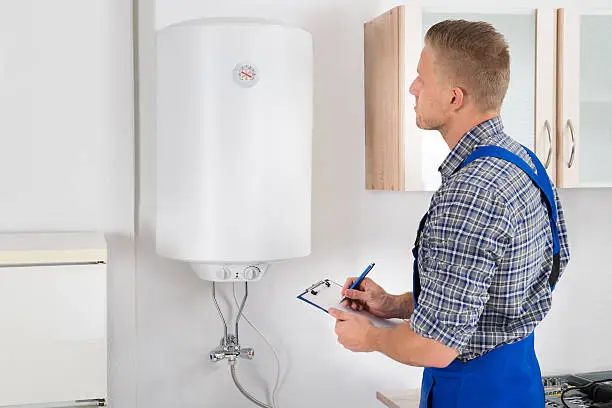
Implementing Smart Technology
Smart technology can enhance the efficiency and convenience of your heating system. Smart thermostats allow you to control your heating remotely, ensuring your home is warm when you need it without wasting energy. Many smart systems also offer insights into your energy usage, helping you identify areas for improvement.
Integrating smart technology with your boiler can lead to more precise temperature control and reduced energy consumption. This not only helps prevent boiler failure by reducing strain on the system but also contributes to a more sustainable and cost-effective home environment.
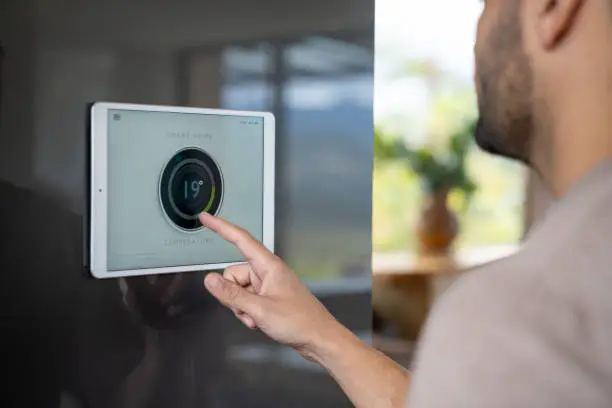
Conclusion
Preventing boiler failure during cold weather requires a combination of regular maintenance, preventative measures, and timely upgrades. By understanding the common causes of boiler issues and implementing strategies to address them, you can ensure your home remains warm and comfortable throughout the winter months. Regular servicing, proper insulation, and the adoption of modern technology can all contribute to a reliable and efficient heating system, providing peace of mind and reducing the risk of unexpected breakdowns.
